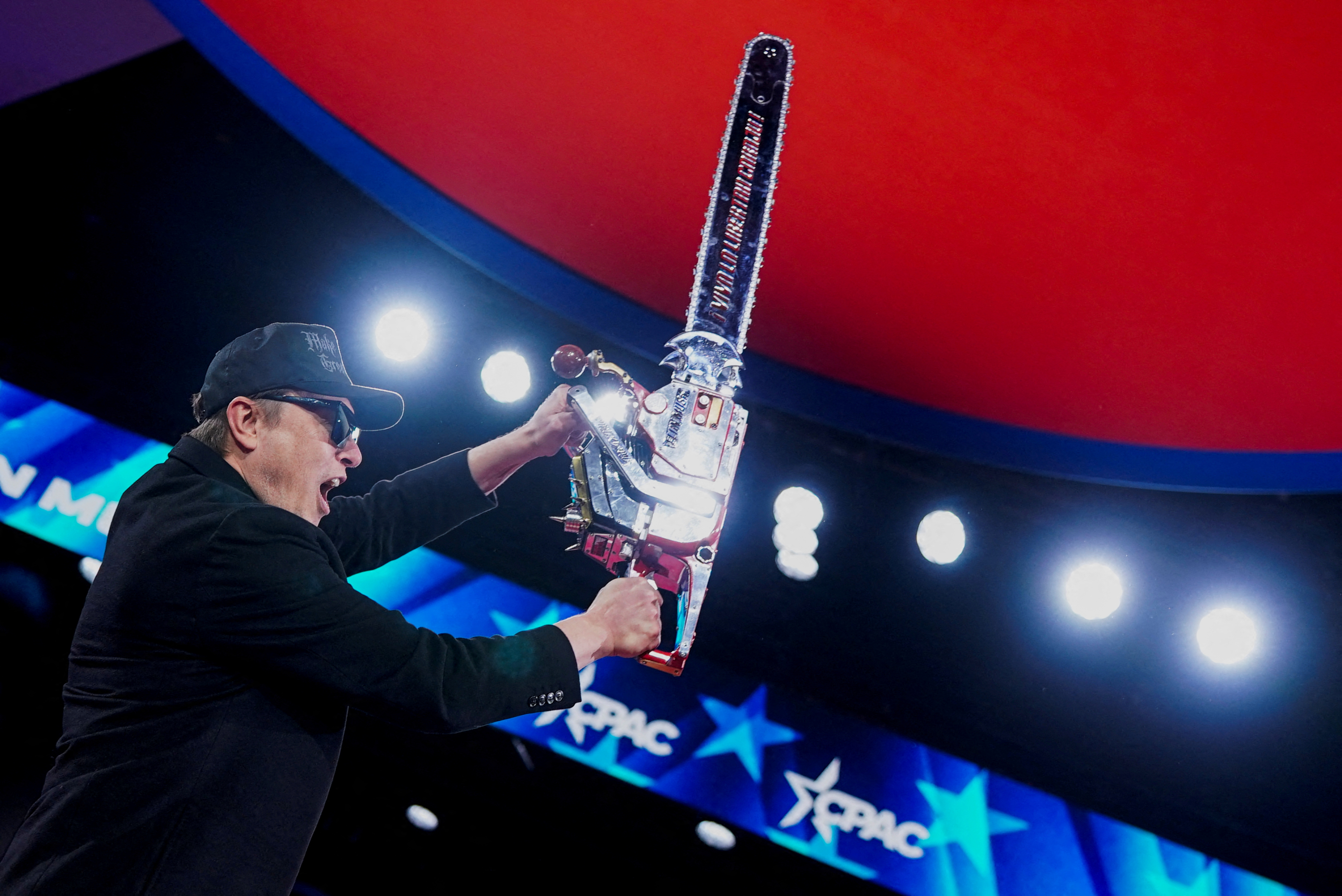Dan Proft and Amy Jacobson were joined by columnist and The American Spectator editor Scott McKay for a frank discussion about the week’s major political revelations—including Supreme Court decisions, FBI misconduct, and the strange political theater playing out between Elon Musk and Donald Trump.
McKay and the hosts kicked things off by celebrating two surprising Supreme Court decisions. In one case, the justices ruled unanimously in favor of a Catholic charity that had been denied a tax exemption by the state of Wisconsin. The ruling emphasized that religious nonprofits do not need to explicitly proselytize to qualify for religious tax status, a clear win for religious liberty advocates. In another case, the Court ruled that Title VII of the Civil Rights Act applies equally to majority groups, allowing a straight woman to proceed with a workplace discrimination suit against her gay boss. Even Justice Ketanji Brown Jackson sided with the majority in both decisions—prompting Proft to joke that the identitarian left had taken “a couple on the chin.”
But the good news ended there. The conversation turned sharply toward the FBI, where newly released documents revealed that a controversial internal memo from the bureau’s Richmond field office—targeting traditionalist Catholics as possible extremist threats—had been circulated to more than 1,000 agents. McKay said the lack of any internal dissent about the memo was chilling and a clear sign that the agency’s culture is broken beyond repair. “I’m not sure the FBI is even salvageable,” McKay said, adding that it may require a full teardown and rebuild to restore credibility.
He and Proft also discussed the new disclosures surrounding the Mueller investigation, particularly reports that key evidence was marked as “prohibited access,” making it invisible to defense teams and even congressional oversight. McKay warned that if these practices were more widespread, they could undermine countless convictions and erode trust in the entire justice system. “You’re knocking out a pillar of our judicial system,” he said, noting that every defense attorney now has reason to ask whether their client’s case was tainted by withheld exculpatory evidence.
The discussion then turned to the latest twist in the ongoing Jeffrey Epstein saga. Proft pointed out that conservative commentator Dan Bongino recently reversed course and said Epstein likely died by suicide—despite having long claimed otherwise. McKay speculated that this reversal may have been a strategic move. Given the rot at the FBI, he said it’s possible that even if Epstein was murdered, the evidence has already been buried beyond recovery. “Whoever had the stroke to get someone in there to kill Epstein also had the stroke to bury the proof,” he said.
McKay also commented on the recent online flare-up between Elon Musk and Donald Trump. Musk made waves by suggesting that Trump’s name appears in the Epstein files, though there is no evidence Trump visited Epstein’s private island. McKay viewed the back-and-forth as possible political theater, suggesting the feud may be designed to generate buzz and mobilize voters ahead of key legislative and electoral moments. “It looks like the classic heel turn in wrestling,” he said. “It’s a fake fight with a purpose.”
He floated the theory that Musk, who has suffered reputational damage with progressive consumers, may be looking to reposition himself closer to the political center to boost Tesla sales among Democrats in the short term. Meanwhile, Trump benefits from the renewed media attention and the perception of independence from powerful tech figures. “Their interests still align,” McKay noted, hinting that the public beef may mask a shared strategic goal.
With political drama swirling and trust in institutions at a low ebb, McKay’s takeaway was blunt: the deeper the public digs, the more troubling the rot appears—whether at the FBI, in federal courts, or in the tangled alliances of America’s elites.





